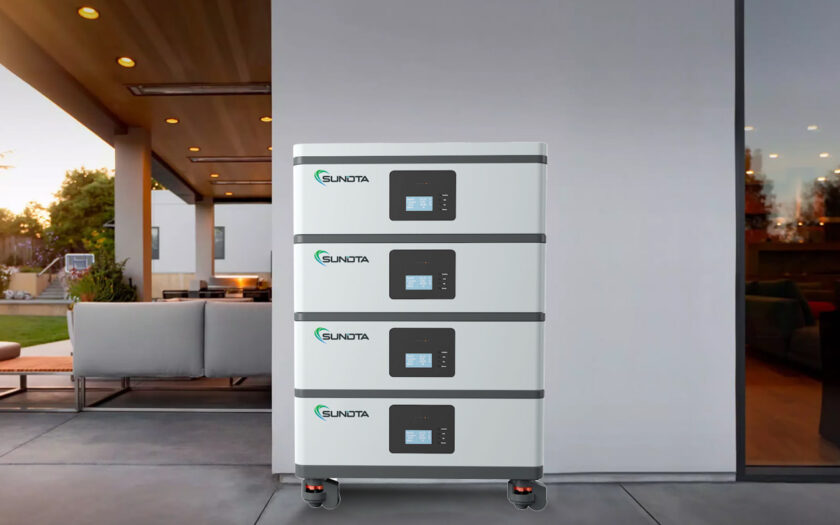As the world increasingly shifts towards renewable energy sources, home battery storage systems have emerged as a vital component in enhancing energy efficiency and sustainability. These systems allow homeowners to store excess energy generated from renewable sources, such as solar panels, for use during peak demand periods or when the grid is down. This article explores the benefits, functionalities, and considerations of home battery storage systems.
What is Home Battery Storage?
Home battery storage refers to a technology that allows homeowners to store energy for later use. These systems typically work in conjunction with solar panels but can also store energy from the grid during off-peak hours when electricity rates are lower. The stored energy can be used to power household appliances, charge electric vehicles, or provide backup power during outages.
Benefits of Home Battery Storage
1. Energy Independence
One of the most significant advantages of home battery storage is the increased energy independence it provides. Homeowners can reduce their reliance on the grid by storing energy generated from renewable sources. This independence not only decreases electricity bills but also offers peace of mind during power outages.
2. Cost Savings
By utilizing stored energy during peak hours when electricity prices are highest, homeowners can save money on their energy bills. Additionally, many utility companies offer incentives for energy storage systems, which can further offset initial investment costs. Over time, these savings can make battery storage a financially savvy choice.
3. Environmental Impact
Home battery storage systems contribute to a reduction in carbon footprints. By storing renewable energy, homeowners can decrease their reliance on fossil fuels, thus lowering greenhouse gas emissions. This shift towards sustainable energy practices is crucial in combating climate change and promoting environmental health.
4. Grid Stability
During periods of high energy demand, such as hot summer days, the grid can become overloaded. Home battery storage systems can help alleviate this strain by supplying stored energy back to the grid or to the home. This not only benefits homeowners but also supports the overall stability of the energy grid.
5. Backup Power
In the event of a power outage, home battery storage systems provide essential backup power. This can be particularly valuable for families with medical devices, those who work from home, or individuals living in areas prone to severe weather. Having a reliable source of backup power ensures that critical appliances remain operational during outages.
Key Considerations
1. Initial Investment
While the long-term savings can be significant, the initial cost of purchasing and installing a home battery storage system can be substantial. Homeowners should conduct a thorough cost-benefit analysis and consider available financing options or incentives before making a decision.
2. System Size and Capacity
The size and capacity of a home battery storage system will depend on individual energy needs and consumption patterns. Homeowners should assess their energy usage to determine the appropriate size for their system, ensuring it can adequately meet their needs.
3. Integration with Existing Systems
If homeowners already have solar panels, it’s essential to choose a battery storage system compatible with their existing setup. Consulting with a professional installer can help ensure that the system is integrated smoothly and operates efficiently.
4. Longevity and Maintenance
Most home battery systems have a lifespan of 10 to 15 years, depending on the type and usage. Homeowners should consider the maintenance requirements and warranty options when choosing a battery storage system to ensure long-term reliability.
Conclusion
Home battery storage is revolutionizing how homeowners manage their energy needs, offering increased independence, cost savings, and environmental benefits. As technology continues to advance and renewable energy becomes more accessible, home battery systems will likely play a pivotal role in the future of energy consumption. For those looking to enhance their energy efficiency and contribute to a more sustainable future, investing in a home battery storage system is an opportunity not to be overlooked.






